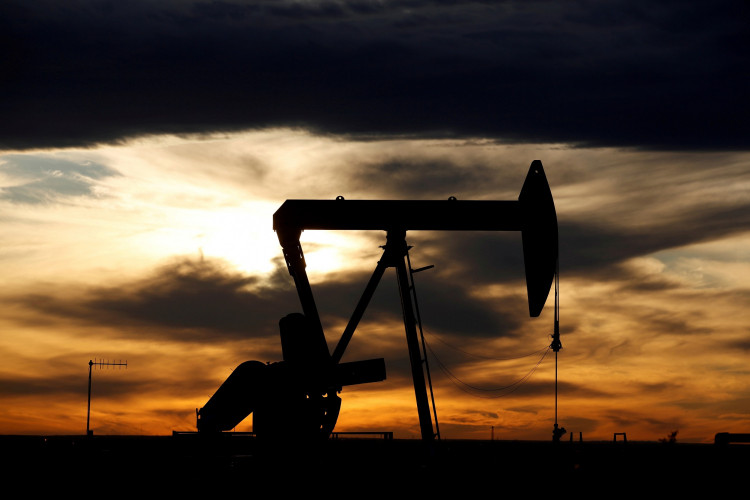Oil prices decreased for the second straight week, dropping by more than $2 per barrel on Monday. The decrease comes as oil demand from China faltered due to COVID-19 lockdowns and after global producers announced plans to flood massive amounts of oil into the market to stabilize prices.
By early Monday, Brent crude was down 2.0% to $100.73 per barrel, while U.S. West Texas Intermediate Crude fell by 2.2% to $96.09. Brent oil fell 1.5% percent last week, while U.S. West Texas Intermediate Crude oil fell 1%. The benchmarks have been at their most volatile level since June 2020 for the past several weeks.
Over the following six months, member countries of the International Energy Agency (IEA) plan to release 60 million barrels, with the U.S. matching that quantity as part of its 180 million barrel release announced in March. The moves are intended to compensate for a shortfall in Russian crude following the nation's unprovoked invasion of Ukraine. In response to Russia's actions, the U.S. and other western countries have imposed sanctions, including a ban on Russian oil.
Analysts at JP Morgan said the release of oil from the IEA should be more than enough to offset the more than 1 million barrels per day from Russia that will no longer be available. The Strategic Petroleum Reserve (SPR) is expected to be around 273 million barrels in total, which analysts said should be enough for the next six months.
The market has also been closely following events in China, where authorities have imposed a zero-tolerance policy to curb the spread of COVID-19 in major cities such as Shanghai, a metropolis of 26 million people. China is the world's largest importer of oil, consuming hundreds of millions of barrels per day.
With Shanghai's lockdown showing no signs of being lifted and Guangzhou set to commence mass testing, anxiety over China's economy has resulted in the continued drop in oil prices. Analysts said fears of the impact of the spread of the Omicron variant in China and the impact on both its industrial output and domestic consumption continue to escalate.
Separately, U.S. President Joe Biden is expected to hold a virtual meeting with Indian Prime Minister Narendra Modi. India has been purchasing oil from Russia, likely lured by steep discounts, despite the nearly global boycott. The Biden administration previously said it would be working to limit Russia's ability to sell its oil, which could be used to fund its war in Ukraine.






